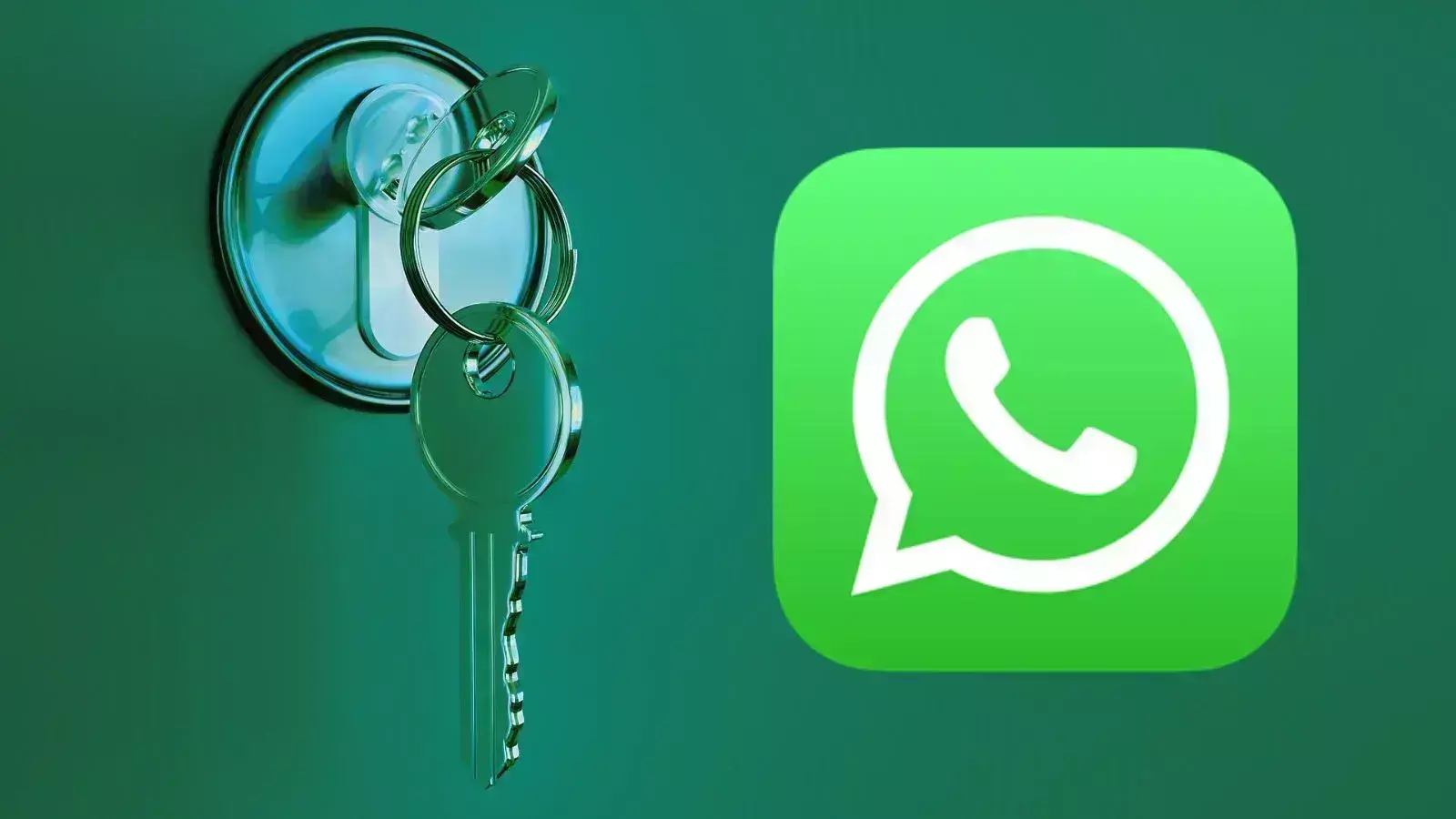WhatsApp Update: WhatsApp Introduces Passkeys for iOS, Secure Logins Without Passwords

WhatsApp rolls out passkeys on iOS, allowing users to log in securely using biometrics or a passcode and enhancing the authentication experience.
WhatsApp is embracing the passwordless future by introducing support for passkeys in its iOS app. This feature, which enables users to log in without traditional passwords, is now being gradually rolled out to iPhone users following its earlier release on Android.
With passkey support, WhatsApp users on iOS can log in using their device's biometric authentication methods, such as Face ID or Touch ID, or their phone's passcode. This advancement builds upon the existing options for unlocking the app, offering users enhanced security and convenience.
Passkeys represent a shift towards more secure authentication methods, eliminating the vulnerabilities associated with passwords and SMS-based two-factor authentication. Moreover, passkeys allow users to log in even when offline, as the authentication key is stored locally on their device.
How to Check Passkey Feature is Availability
Users can navigate to "Settings > Account > Passkeys" within the WhatsApp app to check if the passkey feature is available. However, as with any software rollout, the availability of this feature may vary and could take some time to reach all users.
*Passkeyscan replace traditional passwords with your device's authentication methods.
WhatsApp spokesperson Zade Alsawah explained that while passkeys streamline the login process on smartphones, logging into WhatsApp on other devices still requires scanning a QR code from the "Linked Devices" menu. This ensures the security of the authentication process across multiple devices, although it may entail a slightly more involved setup compared to passkey authentication on desktop web browsers.
In essence, WhatsApp's implementation of passkeys on iOS underscores its commitment to providing users with secure and convenient authentication methods that align with the evolving landscape of digital security standards.














